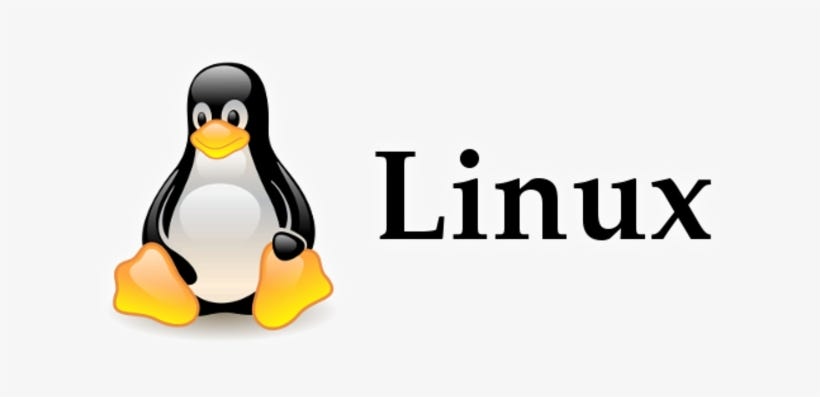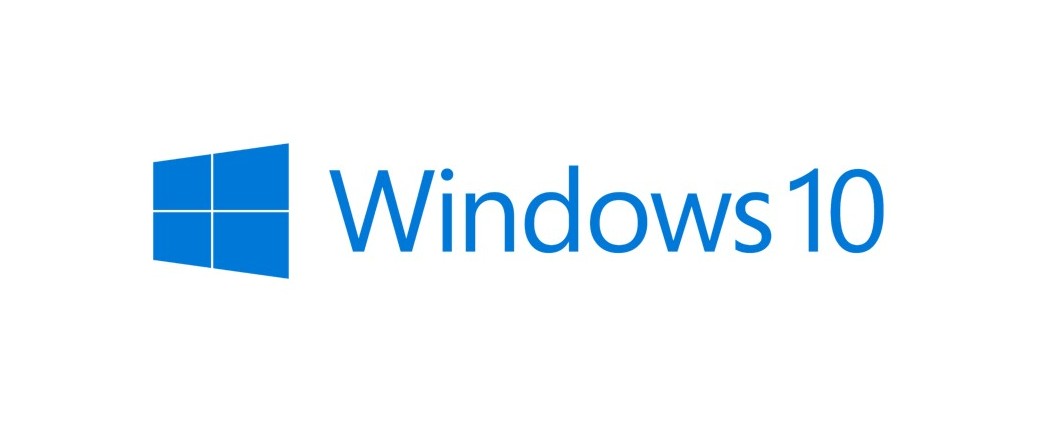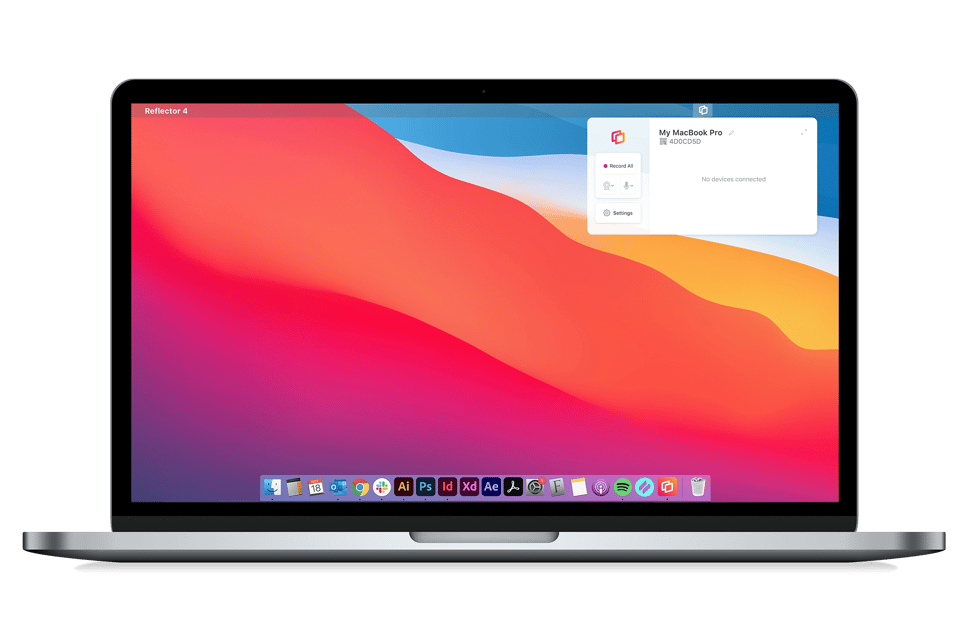Best Smallest & Lightweight OS for Low End PC & Laptop in 2023
If you have a low-end PC or laptop, you may be looking for an operating system that can run smoothly and efficiently on your device. In this blog post, we will explore some of the best options for operating systems on low-end hardware.
Linux
Linux is a free, open-source operating system that has a reputation for being lightweight and efficient. It is highly customizable and can be tailored to meet the specific needs and preferences of the user. One of the main benefits of using Linux on a low-end PC or laptop is that it can run smoothly on minimal hardware resources.
There are a wide variety of Linux distributions (or "distros") available, each with its own set of features and applications. Some popular choices for low-end systems include Lubuntu, Xubuntu, and Peppermint. These distros are designed to be lightweight and use minimal system resources, making them well-suited for use on low-end hardware.
Chrome OS
Chrome OS is a lightweight operating system developed by Google that is primarily designed for use with web applications. It is the default operating system on Chromebooks, which are laptops that are designed to be used primarily with web-based applications and cloud storage.
Because Chrome OS is so lightweight and requires minimal resources to run, it is a good option for low-end PCs and laptops. It is also easy to use and has a simple, streamlined interface. Additionally, Chrome OS is known for its strong security features, making it a good choice for those who are concerned about online safety.
One potential drawback of using Chrome OS is that it is not as feature-rich as some other operating systems. It is primarily designed for use with web applications, so it may not have all of the features and capabilities that you need.
Microsoft Windows 10
While it may not be as lightweight as some other options, the latest version of Microsoft Windows can still run relatively well on low-end hardware. It is important to note, however, that certain features and visual effects may need to be disabled in order to achieve optimal performance.
One of the main benefits of using Windows on a low-end PC or laptop is that it is a well-established and widely-used operating system. This means that there is a large amount of software and hardware support available, as well as a vast online community of users who can offer support and assistance.
Another benefit of Windows is that it is highly customizable and has a wide range of features and applications available. This makes it a good choice for those who need a more feature-rich operating system.
Mac
MAC OS X
Android
Which Operating System is Right for You?
Ultimately, the best operating system for a low-end PC or laptop will depend on the specific needs and preferences of the user. If you are looking for a lightweight and efficient operating system, Linux or Chrome OS may be good options to consider. On the other hand, if you need a more feature-rich operating system with a wide range of applications and hardware support, Windows may be the better choice.





0 Comments